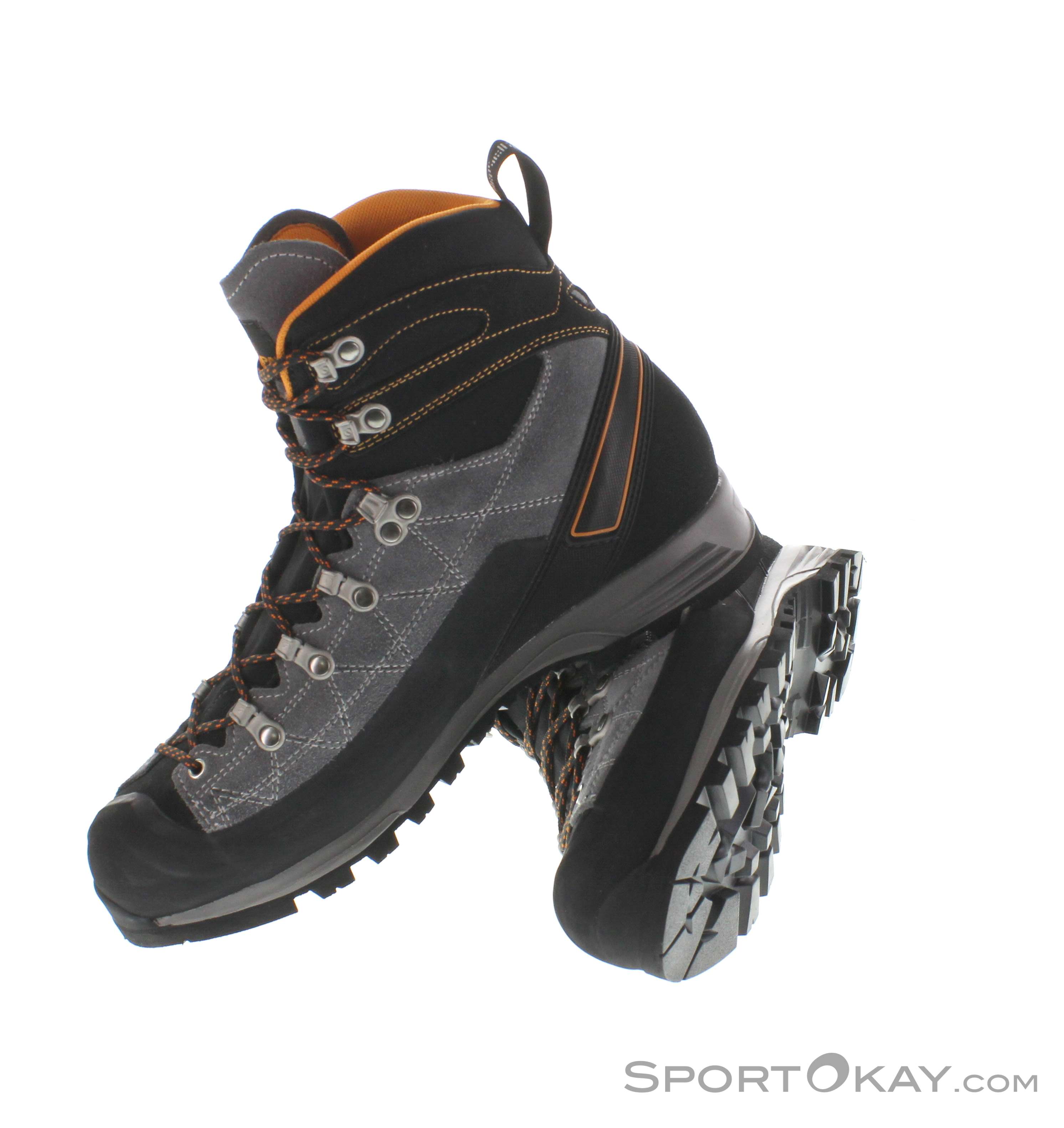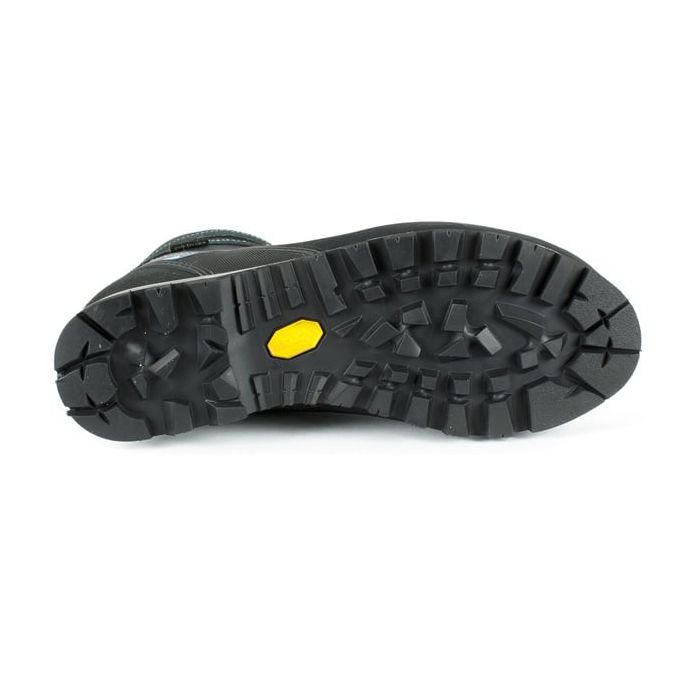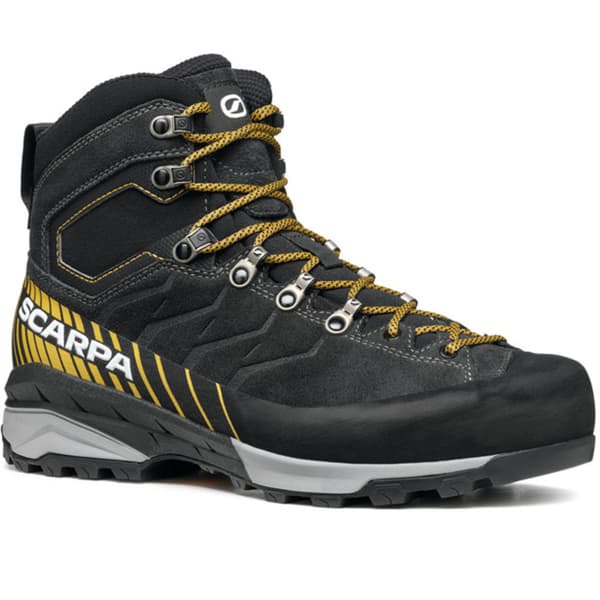
Scarpa Revolution Pro Donna GTX Scarpe da Montagna Gore-Tex - Scarpe da escursionismo - Scarpe & bastoni - Outdoor - Tutti

Scarpa Revolution Pro Donna GTX Scarpe da Montagna Gore-Tex - Scarpe da escursionismo - Scarpe & bastoni - Outdoor - Tutti

Scarpa Revolution Pro GTX Mens Mountaineering Boots Gore-Tex - Mountaineering Boots - Shoes & Poles - Outdoor - All

STIVALI DA ALPINISMO Scarpa R EVOLUTION PRO GTX da uomo taglia 10 UK o 45 EU grigi EUR 170,76 - PicClick IT

Scarpa Revolution Pro GTX Mens Mountaineering Boots Gore-Tex - Mountaineering Boots - Shoes & Poles - Outdoor - All
















